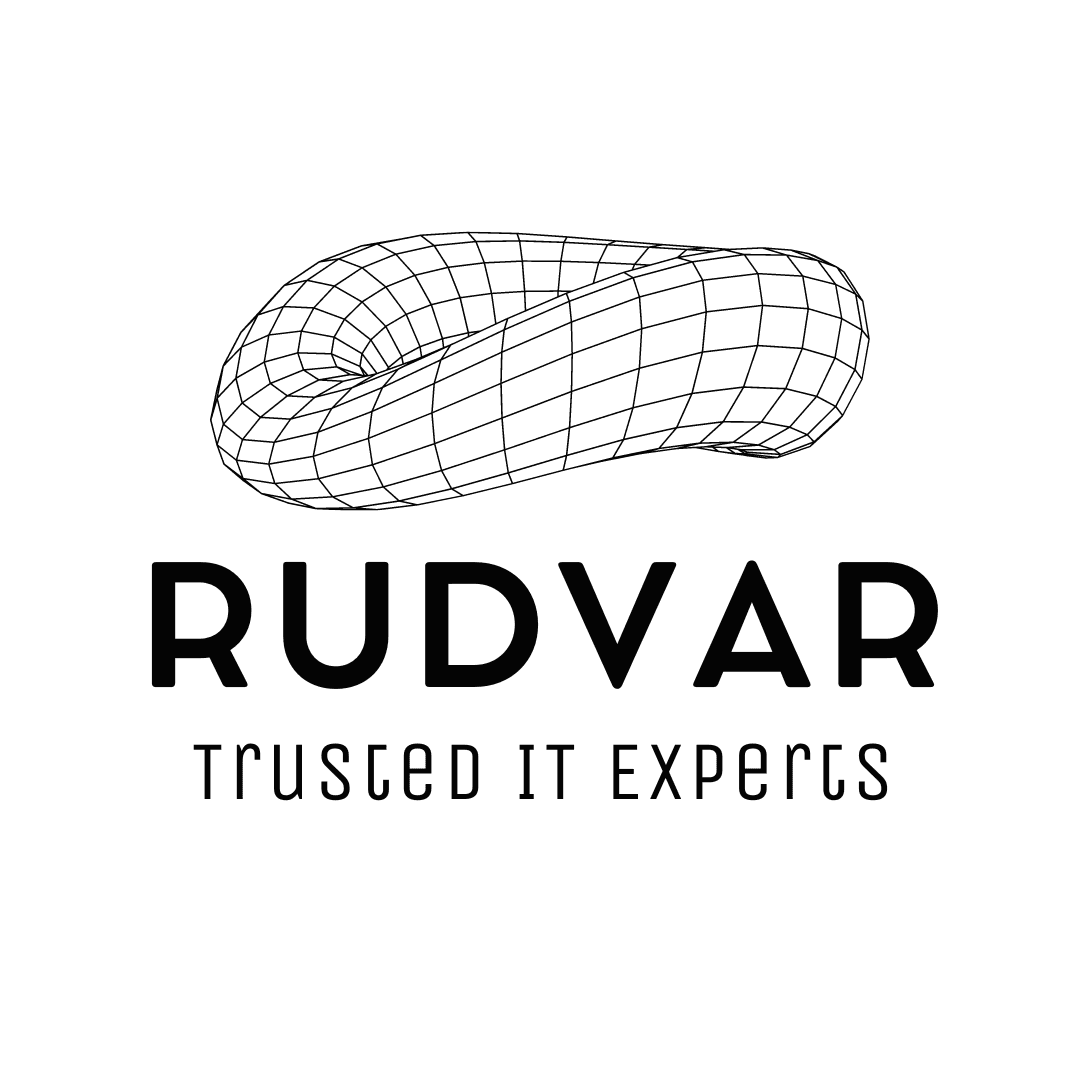It’s not uncommon to witness the passion and drive of CEOs who are deeply in love with their ideas. This affection is a commendable trait, reflective of the dedication required to nurture a startup from inception to success. However, a critical aspect often overlooked amidst this enthusiasm is the fundamental purpose of any business: to generate revenue and sustain itself in the market.
During my six-year tenure consulting and leading startups at Rudvar, I’ve observed a recurring pattern — CEOs becoming so enamored with their original concept that they neglect the essential business mindset of profitability. The outcome? Inevitably, many of these ventures struggle to survive and eventually face closure.
Take YouTube, for instance — a now-iconic video streaming platform that initially began as a dating site. The pivotal moment in YouTube’s trajectory came when its founders recognized the need to shift their focus. This shift, known as pivoting, was instrumental in transforming a struggling venture into a global phenomenon. The lesson here is clear: the success of a business hinges not only on a brilliant idea but also on the flexibility to adapt and evolve.
The Pitfalls of Idea Infatuation
It’s understandable why CEOs can become infatuated with their ideas. After all, launching a startup demands an extraordinary level of commitment and belief in one’s vision. However, this fixation can sometimes blind entrepreneurs to crucial market signals and customer feedback.
When a CEO’s devotion to the original idea overshadows the reality of the market, warning signs can be missed. These signs might include stagnant growth, customer disinterest, or an inability to monetize effectively. Failing to heed these signals can lead to a slow decline or sudden demise, even for the most promising ventures.
The Power of Product Validation
One of the keys to successful entrepreneurship lies in rigorous product validation. This process involves gathering real-world feedback and data to validate the viability and appeal of your offering. YouTube’s founders, for example, quickly realized that their dating site was not gaining traction. Rather than persisting down a futile path, they pivoted towards video sharing — a decision grounded in market validation and consumer demand.
For startups, embracing product validation from the outset can be transformative. By soliciting early feedback, iterating on prototypes, and gauging user interest, entrepreneurs can steer their ventures towards paths of sustainable growth.
Knowing When to Pivot
Let me provide you with an example. A few years ago, I was consulting a startup, and we repeatedly advised the CEO that the tech stack developed by his previous team was substandard. The code was full of bugs and not scalable. We suggested to the CEO to eliminate a few features and launch the market with the most stable features. However, the startup was hesitant to take our advice until they ran out of money, and our approach became the only viable solution.
Recognizing the right time to pivot is both an art and a science. It requires astute observation of market dynamics and a willingness to adapt. Signs that may indicate a need for a pivot include:
1. Market Response: Is the target audience enthusiastic about your offering?
2. Competitive Landscape: Are competitors gaining ground or exploiting weaknesses in your current model?
3. Revenue Realities: Is your revenue model sustainable, or are you struggling to monetize effectively?
When these indicators suggest a mismatch between your vision and market realities, it may be time to pivot. This could involve refining your value proposition, targeting a different demographic, or even reimagining your core product.
PS: This doesn't mean you have to keep pivoting every time you face a problem. Pivot your ideas only when it's needed. Think carefully before pivoting, or keep making changes until your product is validated.
Embracing Change for Long-Term Success
In today’s fast-paced business environment, the ability to pivot is not merely advantageous — it’s essential for survival. Startups that remain agile and responsive to market shifts are better positioned to weather challenges and seize emerging opportunities.
As a CEO or entrepreneur, nurturing your idea is undoubtedly important. However, nurturing a sustainable, profitable business requires a balanced approach. Stay attuned to market signals, prioritize revenue generation, and be ready to pivot when circumstances demand it.
Remember, the goal isn’t just to love your idea — it’s to ensure your business thrives and endures. By embracing the principles of product validation and strategic pivoting, you can chart a course toward sustained success in the ever-evolving world of entrepreneurship.
At Rudvar, we help you build the best world-class software solution. We take guarantee of your product. Our expertise lies in building ai tools, and mobile and web applications. If you think there’s a match between your requirements and our services, then feel free to reach out at:
abhi@surgestartup.com or DM us at :
https://www.linkedin.com/in/abhishekpatnaik77/
We will be back again with another great post. Till that time, Peace!
BLOG




